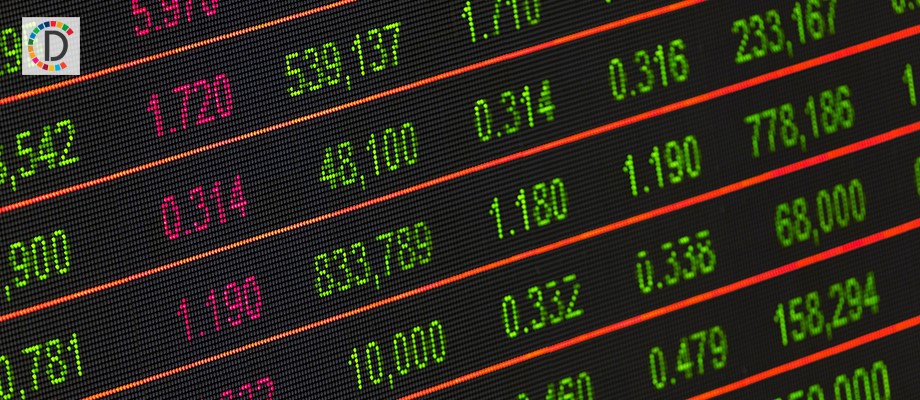Hong Kong stocks close at 1-mth low as Sino-U.S. tensions rise
Hong Kong stocks closed at a one-month low and China shares fell on Monday, as elevated Sino-U.S. geopolitical tensions over a suspected spy balloon dented investor sentiment. The market also tracked other Asian shares lower, after the latest U.S. jobs report renewed concerns about more rate hikes from the Federal Reserve.

- Country:
- China
Hong Kong stocks closed at a one-month low and China shares fell on Monday, as elevated Sino-U.S. geopolitical tensions over a suspected spy balloon dented investor sentiment.
The market also tracked other Asian shares lower, after the latest U.S. jobs report renewed concerns about more rate hikes from the Federal Reserve. China's CSI 300 Index closed down 1.3%, while Hong Kong's Hang Seng benchmark ended 2% lower.
A U.S. military fighter jet shot down a suspected Chinese spy balloon on Saturday, a week after it first entered U.S. airspace and triggered a dramatic spying saga that has clouded already strained Sino-U.S. relations. China strongly condemned the military strike on the balloon that it says was used for meteorological and other scientific purposes.
"Undoubtedly, the incident is a negative headline for the market," said Yuan Yuwei, hedge fund manager at Water Wisdom Asset Management. "The strong U.S. jobs report also cooled the fever of 'rate pivot' perceptions, leading to a surging dollar and a declining yuan." In a note, ING analysts wrote, "The implication is an intensified tech war. Both sides will likely impose more export bans on technology in different industries."
China's yuan touched a near one-month low against the dollar, and markets widely expect the heightened geopolitical risks could cap the local currency's room for further upsides. Tech giants listed in Hong Kong plunged 3.7% to drag the Hang Seng benchmark down to the lowest close in a month, following a strong rebound since end-October as investors bet on China's economic reopening and other measures to support growth.
"After a 50% rally in the Hang Seng and much more in other major China market indices, rifts are starting to emerge," said Hao Hong, chief economist at Grow Investment Group. "The itch to take profit cannot be denied." However, he added, "both valuation and China's market capitalisation also suggest that the bottom in last October is indeed a secular turning point."
"A continued rise in tensions with the U.S. this year is unlikely to have much impact on China's economic recovery," said Gavekal Dragonomics in a note. "But financial markets could be heading into choppy waters." In onshore China markets, real estate developers dropped 2.7% after a China Index Academy's report said China's January property market transactions slipped during the Lunar New Year holidays.
Shares in consumer Staples also lost 1.4%, as some investors doubted China's economic recovery after an expectation-fuelled shares rally.
(This story has not been edited by Devdiscourse staff and is auto-generated from a syndicated feed.)










